What is Educational Travel?
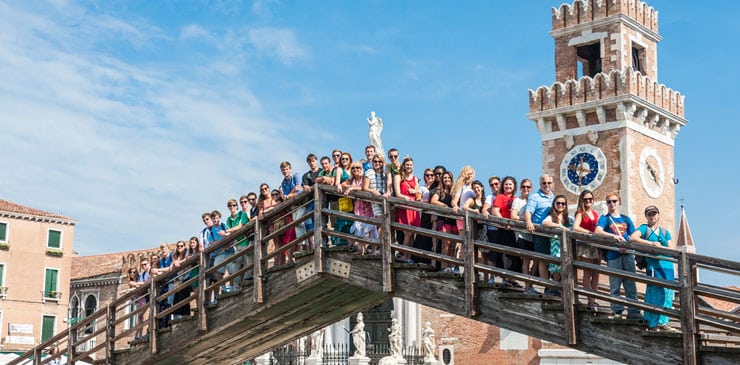
What is Educational Travel? Educational Travel is a carefully planned combination of tours, site visits and hands-on learning opportunities, built around clear learning objectives. An educational tour is more than a vacation. It’s a tool for learning and success with fun and excitement built in. By walking in the footsteps of emperors, seeing the art that inspired a society and speaking a foreign language to communicate, students are engaging themselves and becoming life-long, self-directed learners.
Who are the key players?

Group Leaders – Teachers Who Travel for Free
Group leaders are typically teachers (though they don’t need to be), and as the name suggests they lead their group of travelers overseas. Group leaders choose an educational tour itinerary or work with their international program consultant to customize one. They recruit a group, prepare them for the trip, and while on tour, provide supervision, educational leadership and handle any necessary discipline. Understanding that this is a bit of work, group leaders travel free when they have a group of six or more student participants. Most companies (ACIS included) allow first-time group leaders to travel free with just five participants. Group leaders will also earn World Traveler Rewards points which they can redeem for extra rewards such as attending global conferences (free trips abroad without their students), cash rewards and more.
Assistant Group Leaders – Additional Teachers or Parents who Travel for Free with Every Additional Six Participants
As the volume of students in groups start to grow, so does the task of supervising all of them. That’s why we offer free trips to additional teachers to help chaperone the group with every six additional students who join the trip. They’re there to help impart teachable moments, handle discipline or simply be an adult when situations occasionally call for that.

International Program Consultants – Your Planning Partners
Your educational tour international program consultant is your stateside contact. He or she will work with you to select or create an itinerary that perfectly suits your educational goals, travel style and idea of fun. Program consultants are with you every step of the way until you board the plane. Have a question about recruiting or structuring time on tour? Contact your program consultant. Have another question? Contact them again (at ACIS we’ve had program consultants who’ve forged such strong friendships with their group leaders that they’ve attended their weddings). By working so closely, a good program consultant will know what tour manager to recommend, which hotel style would be a good match and which activities might work well during your free exploration time on tour. He or she is your very well-traveled friend.

Tour Managers – Your On-Tour Guide
The word “guide” barely scratches the surface of all they do. ACIS Tour Managers are comedians, historians, and secret-agents all rolled into one. They have native knowledge of culture (even in the unique case they’re not), and they handle logistics like an engineer. They greet you at the airport and are with you 24/7 during your tour. They educate, inspire, ease your mind, solve your problems and leave a lasting impression on quite a few young minds along the way.
What do Students do on an Educational Journey?
Educational travel is about experiential learning. Students on an educational journey see and enrich their knowledge of places and works of art they’ve learned about in the classroom. Education scholar, Lenore Borzac, defines experiential learning as a “direct encounter with the phenomena being studied rather than merely thinking about the encounter, or only considering the possibility of doing something about it.” At ACIS, experiential learning occurs daily on tour, but is spotlighted with our Cultural Connections, which range from Pétanque Lessons in Paris, a tea ceremony in Shanghai or dancing lessons in Athens. We seek to make the pages of each student’s text book come alive in real life, leaving a lasting impact on students’ desire to learn and explore for the rest of their lives.

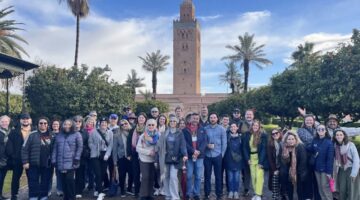

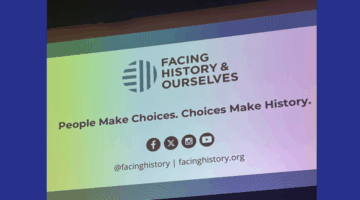

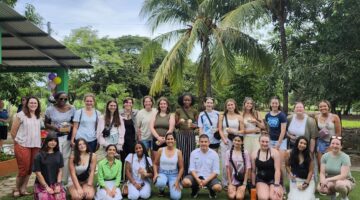



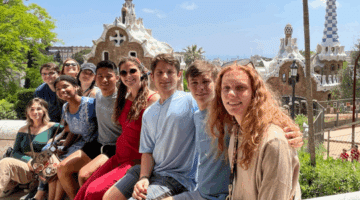

Loved the article! Well said! I will definitely share this with my teachers!